Liberland: How one man plans to build a new libertarian paradise in Europe
Exclusive: Vit Jedlicka is the self-proclaimed president of 'the youngest country in the world', a land free from regulation on disputed territory between Croatia and Serbia. He tells The Independent he now has too many backers to be stopped
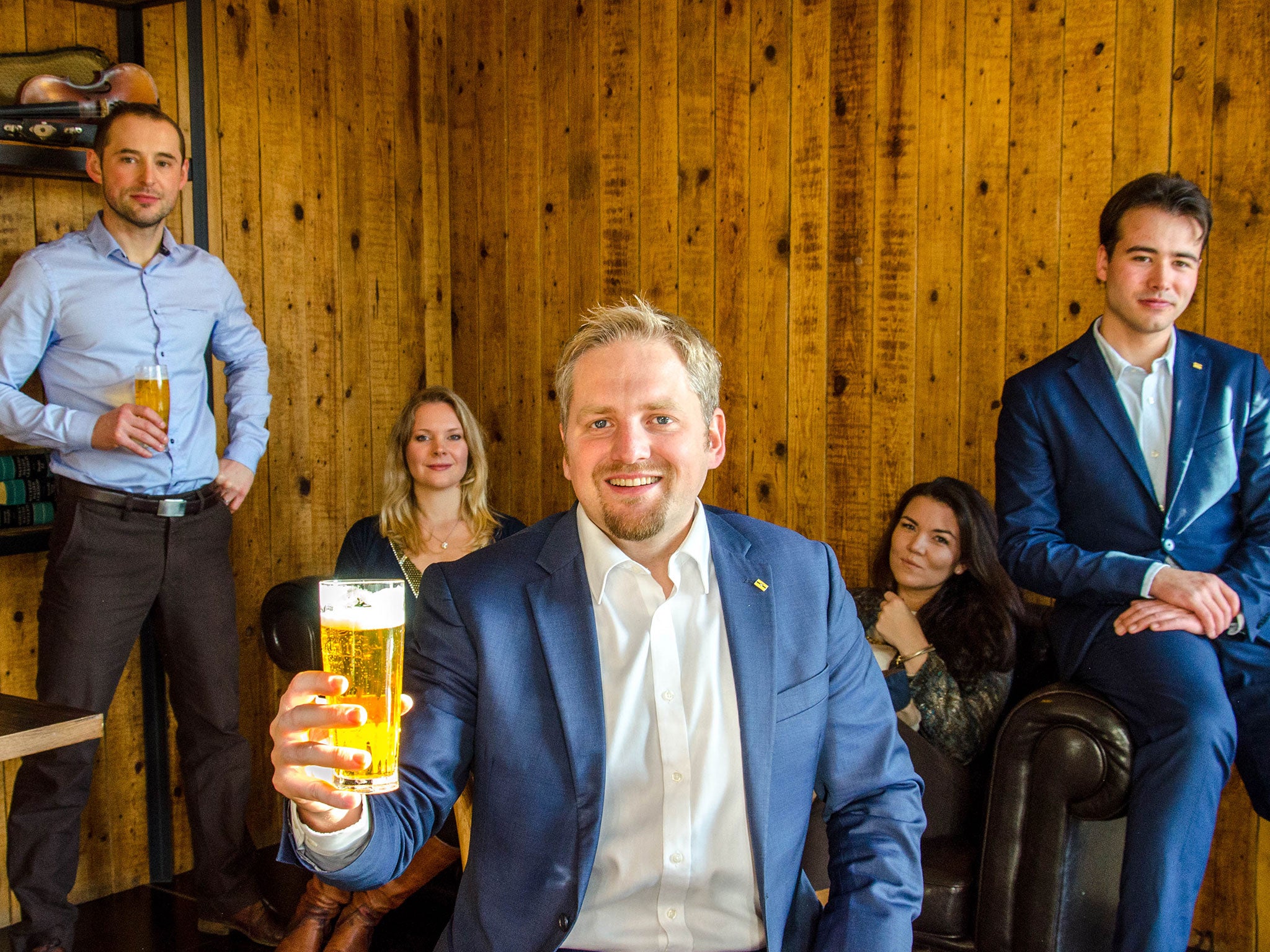
Your support helps us to tell the story
From reproductive rights to climate change to Big Tech, The Independent is on the ground when the story is developing. Whether it's investigating the financials of Elon Musk's pro-Trump PAC or producing our latest documentary, 'The A Word', which shines a light on the American women fighting for reproductive rights, we know how important it is to parse out the facts from the messaging.
At such a critical moment in US history, we need reporters on the ground. Your donation allows us to keep sending journalists to speak to both sides of the story.
The Independent is trusted by Americans across the entire political spectrum. And unlike many other quality news outlets, we choose not to lock Americans out of our reporting and analysis with paywalls. We believe quality journalism should be available to everyone, paid for by those who can afford it.
Your support makes all the difference.When he plunged a flag into the banks of the Danube and declared the birth of the Free Republic of Liberland, Vit Jedlicka was dismissed by governments and media organisations as a joke.
Yet one year and many diplomatic missions later, his vision of a libertarian paradise born on a patch of unwanted land has 400,000 would-be citizens, the backing of a range of political movements around the world and even its own national beer.
Thanks to the efforts of the Croatian border police, Liberland has still technically not got a single inhabitant, and its 7 sq km of boggy wetlands boast just one dilapidated building, an abandoned hunting lodge.
But speaking in an exclusive interview with The Independent, “President” Jedlicka reveals that plans are nearly in place for a group of Liberlanders to break through that police blockade in such numbers “there is nothing they can do to stop it”.
Liberland lies on the Croatia-Serbia border, roughly halfway between Zagreb and Belgrade. A product of a border dispute between the two countries lasting a quarter of a century, it lies on a portion of territory which neither country is willing to claim.
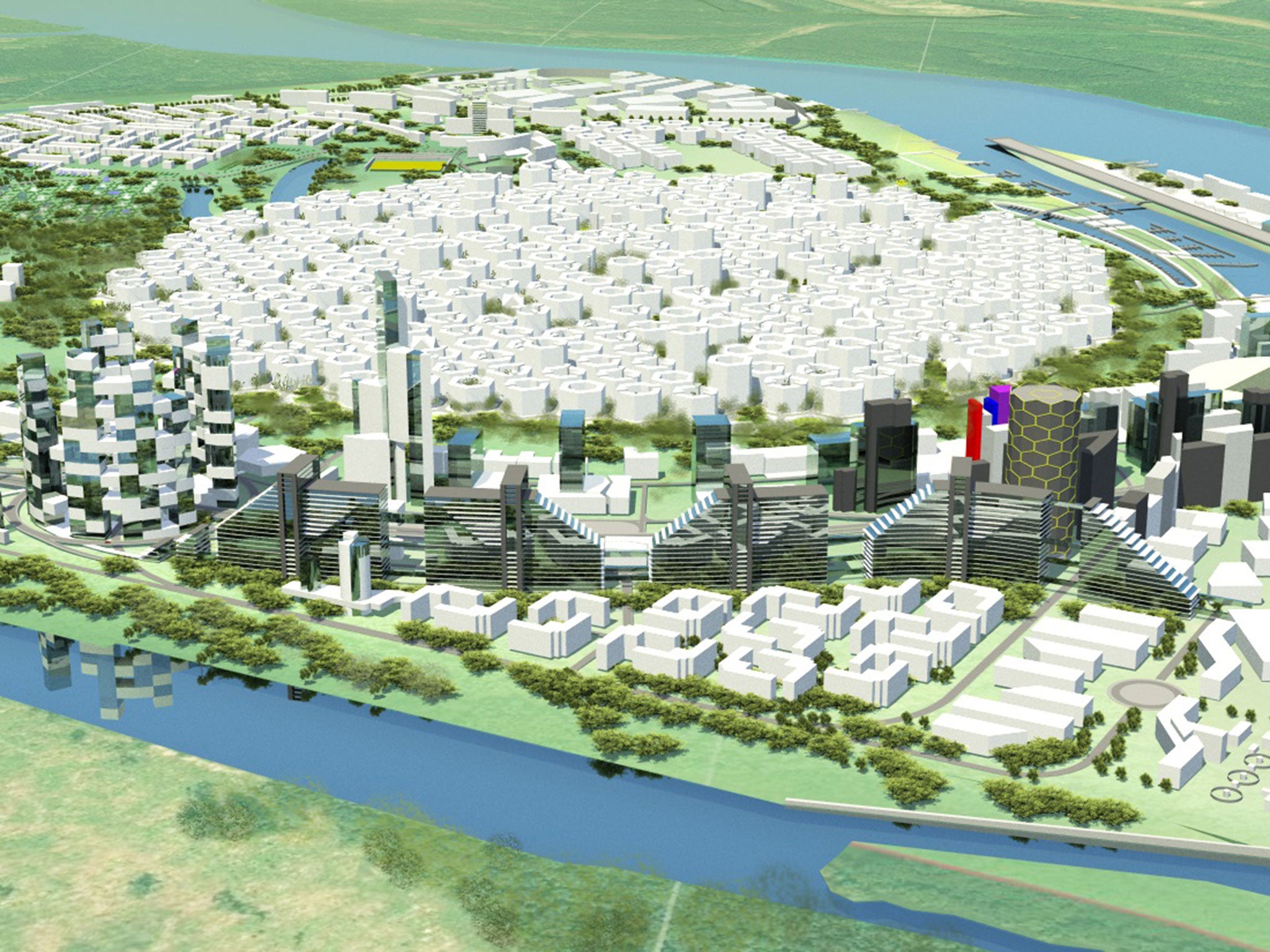
“They made it no man’s land,” Mr Jedlicka says after giving a speech at the Institute of Economic Affairs (IEA) in London, to a receptive audience of bankers, free marketeers and young Conservatives.
In the year since Liberland was founded – on 13 April, Thomas Jefferson’s birthday – Croatia has set up police patrols and arrested dozens of people for attempting to access the unexpectedly hotly-disputed territory.
While he could not access what he sees as his own land, Mr Jedlicka was very busy, meeting sympathetic politicians around the world and setting up a website where people fed up with their own governments could register their interest in the venture – and donate to the cause.
Ever the optimist, Mr Jedlicka says: “It was a good thing that Croatia shut the border.
“We needed one more year to discover everything we have to do in order to take proper care of our own borders, to sign an agreement with a private security agency and also to visualise what we want to do.
“We kind of appreciate what Croatia is doing at this stage, which is simply protecting our border from others who would like this territory as well.”
That’s all about to change, however. This weekend Mr Liberland and his volunteer ministers held a conference to discuss Liberland’s future at a Croatian hotel just 5km from the border.
And in the summer, he plans to stage a “state celebration” in a field next to the disputed territory which, if all goes to plan, could snowball into something much more.
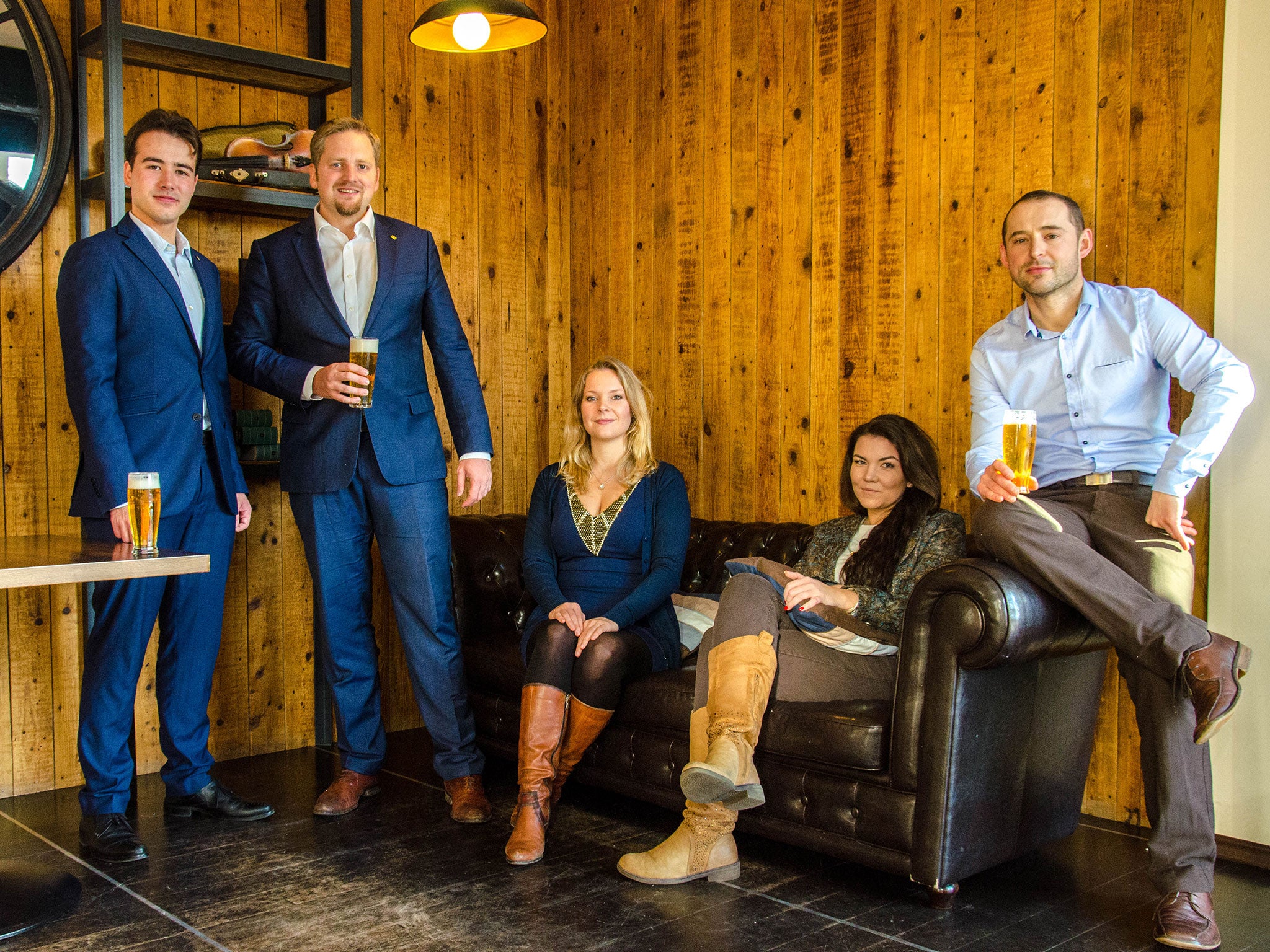
“It’s going to be a big media event,” he says. “We would like to invite 5,000 people, with the best artists who support Liberland [attending], and we already have two or three major festival organisers in the area helping us.
“That could be the time when we actually take over control of this territory,” he says, with a clear sense of anticipation. “We are not pushing for it yet, but there is no way you can stop 5,000 people taking over control of Liberland.”
Asked if he is essentially advocating a hostile takeover, Mr Jedlicka insists it would be better for Croatia to give the festival-goers “a green light” for the move.
But he adds: “We are confident, we will make it across the border. Take a look at how refugees are crossing borders so easily now. There is nothing that will stop 5,000 people from crossing the border.”

It is Mr Jedlicka’s personal charisma and confidence that seems to have driven the Liberland project onwards and upwards where other similar ventures along the disputed Danube have failed.
His vision for a haven, protected from government regulation and virtually free from all taxation, has caught the imagination of people from every corner of the globe.
“There’s not a single state we didn’t receive any applicants from,” he says, then corrects himself. “We didn’t actually have anyone from Panama. But then I was able to go to Panama and find a representative there at least, and now we actually have lots of Panamanians because he was so good at promoting [the idea] among his friends.”
Liberland will have just five laws, he says, with the state’s only responsibilities surrounding justice, security and diplomacy.
Tax would be paid on a “voluntary” basis, with people free to smoke marijuana, drive as fast as they like and own guns – all as long as they don’t hurt anyone else.
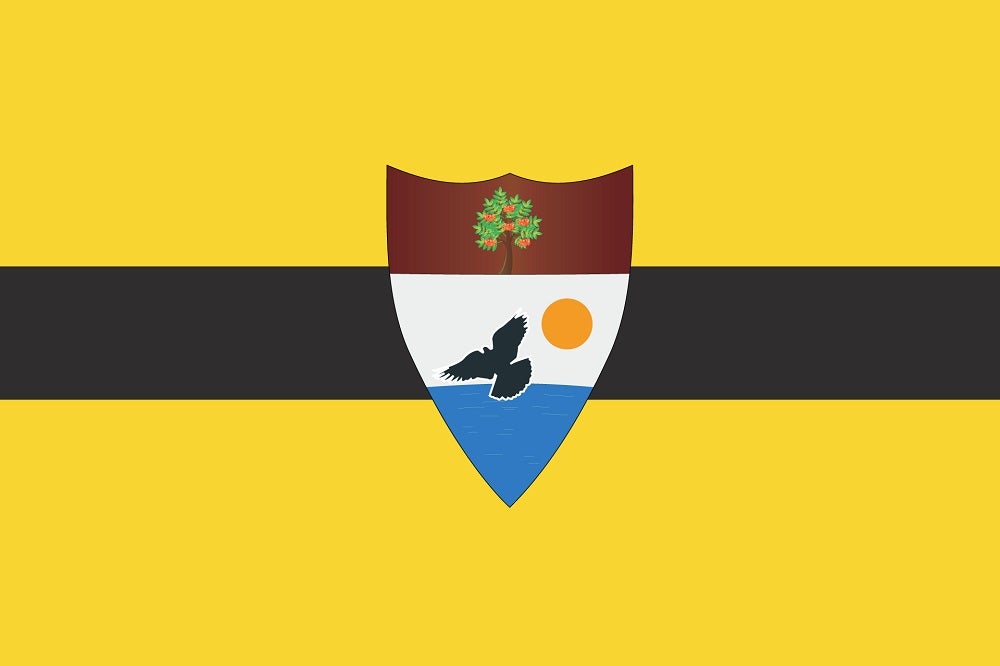
“American prisons are full of people who have committed a crime that hasn’t actually hurt anybody,” he says. “If you are not harming anybody then it shouldn’t be a crime.”
Liberland's main export - after financial services - will be its own national beer, described by Mr Jedlicka as a "really good ale beer" at 14% proof.
But not all his ideas are guaranteed crowd pleasers. Amid growing anger around the world at the tax affairs revealed in the Panama Papers, Mr Jedlicka speaks positively about the idea of making Liberland the tax-free cryptocurrency-producing capital of the world.
“We are very much into building tax havens – or rather tax heavens, because there are already too many tax hells on this planet,” he says. “We would like to be the frontrunners in technologies that make the classical role of state obsolete.”
It is Mr Jedlicka’s views on healthcare that prove most controversial, however. Explaining how Liberland will have no state health provision of any kind, he recalls a time when he spent five days in hospital in his home country of the Czech Republic.
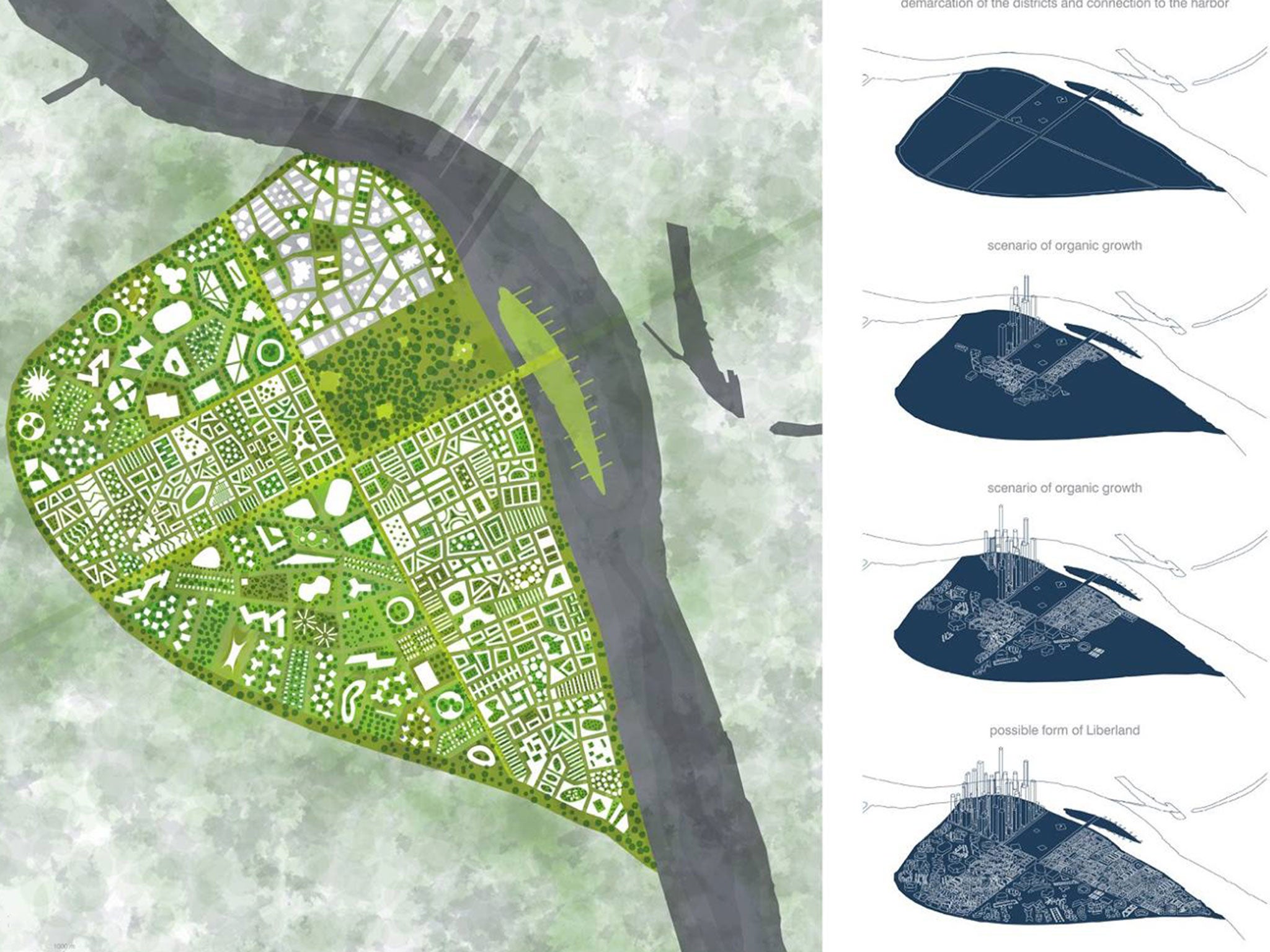
“There was a guy who came in every single day almost dead. He was treated, ran away from hospital then overdosed and came in the next night.
“This is the result of the crazy social system that we have. He was able to kill himself almost every single day, the state came and spent an enormous amount of money to keep him alive every single day, and I don’t think it’s a natural system,” he says.
Mr Jedlicka says looking after the poor should be the role of charity or “the church” – though, without any laws banning discrimination on the basis of religious beliefs, church could prove a controversial topic in the fledgling state.
And asked if that drug addict should have been allowed to die, he says: “If there is somebody who constantly destroys his own life, why should there be a system that constantly tries to save him?”
There is no denying that “the youngest country in the world” would not still be around if it were not for Mr Jedlicka’s own likeable nature and infectious determination. But it is hard not to get the impression that Liberland itself could end up being a somewhat heartless place to live.
Join our commenting forum
Join thought-provoking conversations, follow other Independent readers and see their replies
Comments